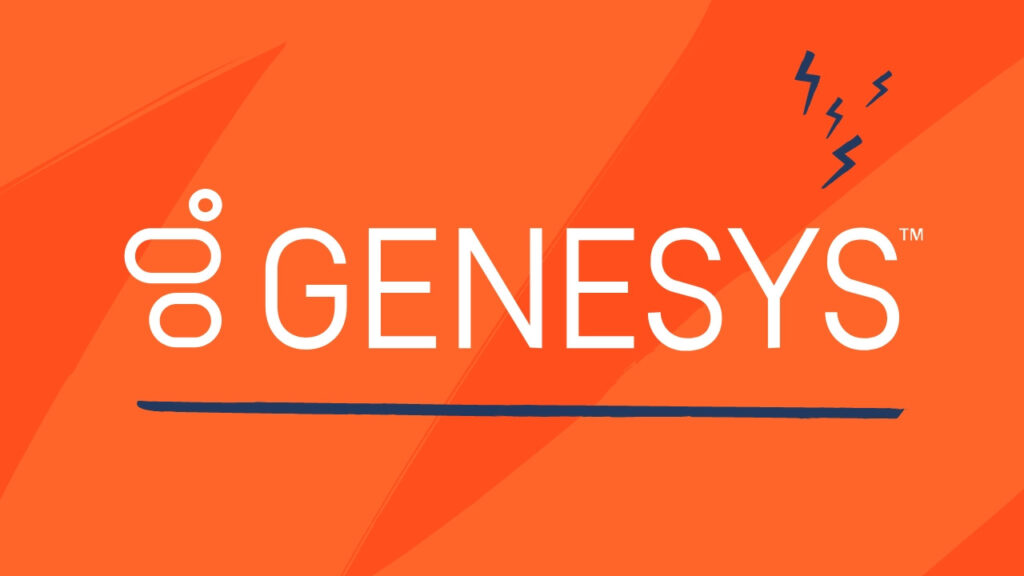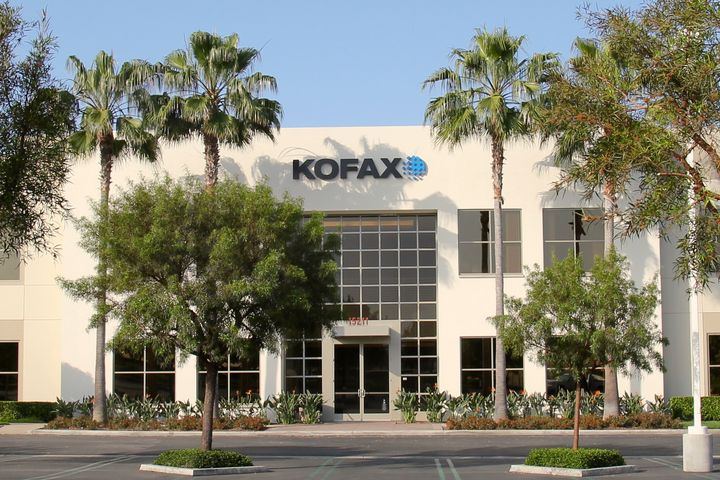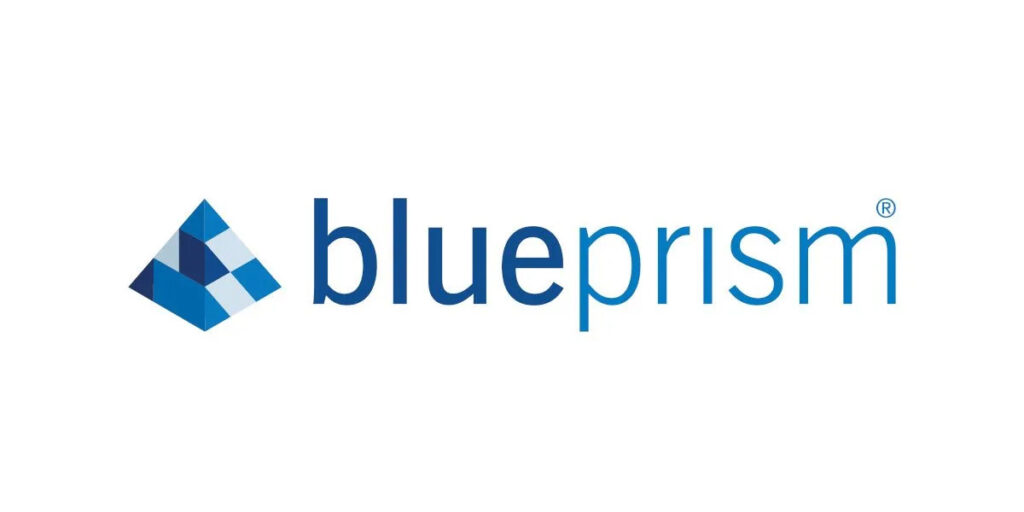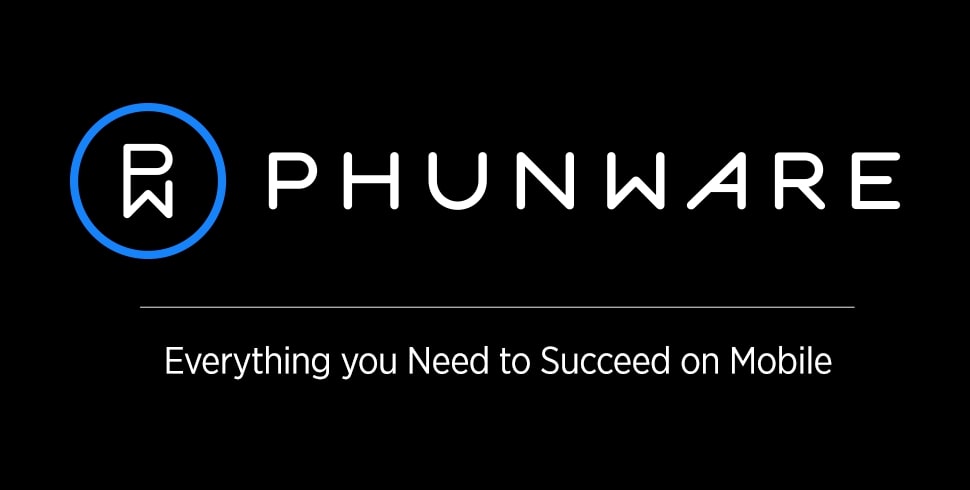Genesys – Company Started With The $150,000 Loan As Initial Money.
Genesys is a market leader in contact centre solutions and cloud customer experiences. The company has a presence in over 100 countries. Employees at Company collaborate to provide the best possible client experiences. Genesys connects every user moment across marketing, sales, and service on any channel while also enhancing employee experiences with the help of cloud and AI.
About the Company
Founded in 1990, Genesys is an American software corporation that sells customer experience (CX) and call centre technologies to mid-sized and big companies. It offers software that is both cloud-based and hybrid. In 2012, It was acquired by Technology Crossover Ventures (TCV) and Permira Funds. The company is headquartered in California, USA, and it also has offices in the Middle East, Latin America, Canada, Europe, Asia, Australia, and Africa. The company is the main sponsor of IndyCar Series racer James Hinchcliffe’s in the #29 Andretti Autosport Honda. Additionally, the business sponsors the Genesys 300 and Genesys 600 races at Texas Motor Speedway. Genesys established “Experience as a Service” to enable companies of all sizes to communicate with customers sensitively, deliver simple personalization at scale, and cultivate their trust and loyalty.
History
Gregory Shenkman and Alec Miloslavsky started Genesys in October 1990. The families of the founders loaned the company $150,000 as initial money. In 1997, the business successfully launched its (IPO) and went public, traded on the NASDAQ under the ticker GCTI. Alcatel-Lucent (formerly Alcatel) purchased Genesys for $1.5 billion in late 1999. In 2012, It was acquired by Permira and TCV from Alcatel-Lucent for $1.5 billion. In 2016, majority shareholders, Technology Crossover Ventures and Permira sold a $900 million share to private equity firm Hellman & Friedman, valued at $3.8 billion. Genesys creates call centre software for corporations. The software is offered as on-premises or cloud-based software. Its popular products include Genesys Cloud CX, Genesys Multicloud CX and Genesys DX.

Acquisitions
Genesys has expanded throughout the years by making a number of acquisitions. Its popular acquisitions include Forte Software, Plato Software Corporation, Next Age Technologies, IBM’s CallPath, Telera, VoiceGenie Technologies, Informiam, Solariat, Conseros, OVM Solutions, Interactive Intelligence, Silver Lining, AltoCloud, nGUVU. In 2021, it acquired Bold360, a digital engagement suite, from LogMeIn.
CEO – Tony Bates
Business executive Tony Bates was appointed CEO of Genesys in 2019. He is a British native. He formerly held a number of technology-related leadership positions in business, including those of former CEO of Skype, former executive vice president of Microsoft, and former president of GoPro. Bates started his job in network services and internet infrastructure after dropping out of college. He has previously held positions on the boards of GoPro, SiriusXM, LoveFilm, TokBox, YouTube, and BubbleMotion. He has been a member of the boards of VMware and eBay. Bates holds several patents under his name.
Founders – Gregory Shenkman, Alec Miloslavsky
Gregory Shenkman and Alec Miloslavsky founded Genesys in 1990. Russian émigrés Alec Miloslavsky and Gregory Shenkman first met in San Francisco when Shenkman was selling telecoms equipment and Miloslavsky was employed by Pixar Studios. Each took out a loan from their parents at $75,000 to start the firm Genesys. Together, they started creating software that enables businesses to learn more about their phone costs and cut down on hold times. Most of the company’s employees were Russian programmers, which first led the FBI to believe the business had connections to mafias in Russia. It went public in 1997, and Alcatel purchased the company for $1.5 billion three years later. The duo later also formed another company named Exigen Services.

I am a law graduate from NLU Lucknow. I have a flair for creative writing and hence in my free time work as a freelance content writer.






